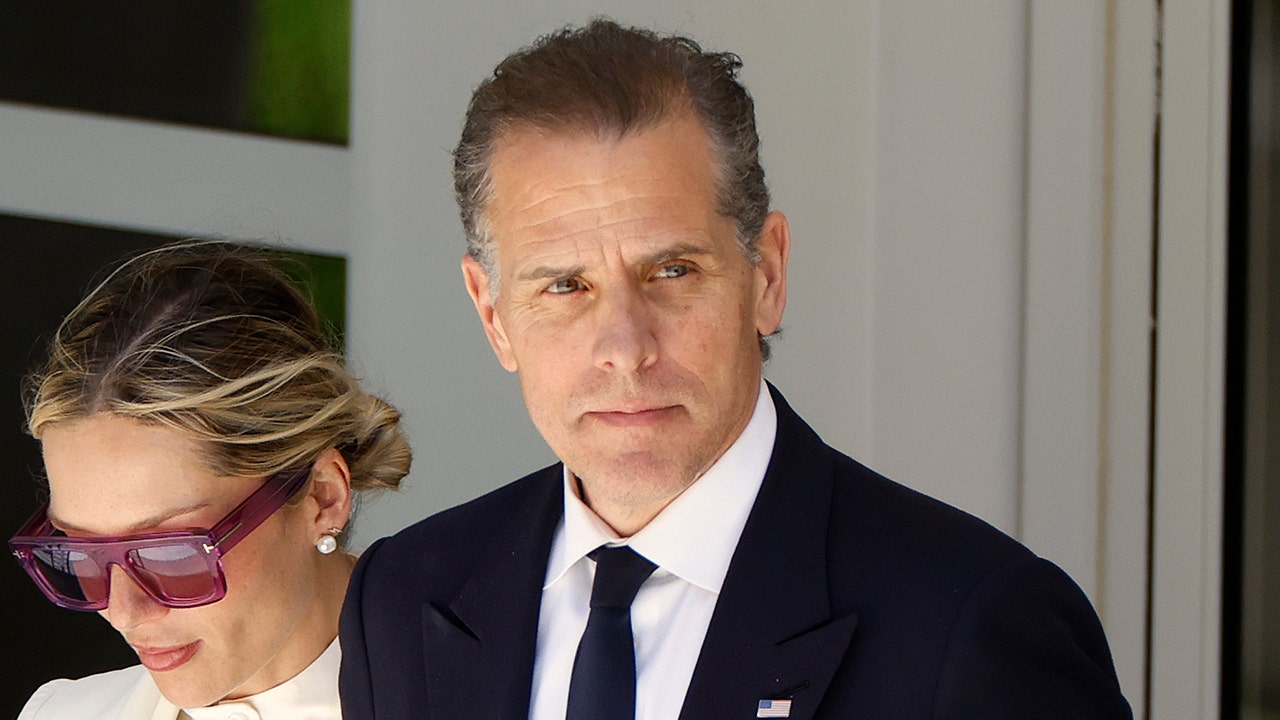Los Angeles was braced for near “hurricane force” winds on Monday that weather forecasters said could fan the devastating wildfires that have swept across southern California as damage estimates mounted.
As firefighters struggled to contain the deadly blazes that continued to rage in the suburbs of the US’s second-largest city, the National Weather Service issued a “red flag alert” warning amid deteriorating conditions.
Winds of up to 75 miles an hour were expected to hit the region from Monday night until Wednesday morning, according to the NWS, combining with extremely dry conditions to create “critical fire weather”.
“The National Weather Service is predicting close to hurricane-force level winds, and so we’re making urgent preparations,” LA mayor Karen Bass said on Monday. “My top priority, and the priority of everyone else, is to do everything we can to protect lives as these winds approach.”
Authorities have since last Tuesday battled blazes that have burnt more than 40,000 acres of land. California governor Gavin Newsom warned the fires could become the costliest disaster in US history as he clashed with president-elect Donald Trump over the state’s response.
The cause of the fires has not yet been determined, but several lawsuits were filed against utility Southern California Edison on Monday alleging it had failed to properly shut off power lines despite warnings, leading to the outbreak of the Eaton fire.
Shares in its parent Edison International fell 11.9 per cent on Monday.
A Southern California Edison spokesperson said: “SCE understands that a lawsuit related to the Eaton fire has been filed but has not yet been served with the complaint,” adding that the company “will review the complaint when it is received. The cause of the fire continues to be under investigation.”
Insurance stocks were also hit as anticipated damages mounted. Wells Fargo analysts estimated insurance losses could top $30bn and potentially reach as much as $40bn. On Friday, JPMorgan analysts had pencilled in an industry-wide hit of $20bn, a level that would already have been the largest in the state’s history.
On Monday, Newsom said he was proposing $2.5bn in additional emergency funding to aid LA in the recovery, clean-up and reopening of schools. “California is organising a Marshall Plan to help Los Angeles rebuild faster and stronger,” he said in a statement. The funding will need to be approved by the state legislature.
The largest of the outbreaks, the Pacific Palisades fire, was just 14 per cent contained late on Monday, prompting fears that strong gusts in the coming days would reverse progress in combating the blazes.
The weather service warned that “extreme fire danger” would continue until Wednesday and said that the category of alert in place — a “particularly dangerous situation red flag warning” — was reserved for “extreme of the extreme fire weather scenarios”.
“In other words, this set-up is about as bad as it gets,” the NWS warned as it cautioned powerful winds could create “explosive fire growth”.
The death toll hit 24 on Monday, officials said, and was expected to climb as authorities combed through the wreckage in search of missing people.
The disaster has spilled over into the political arena, with Trump on Sunday attacking the state’s authorities for failing to halt the destruction. “The fires are still raging in L.A. The incompetent pols have no idea how to put them out,” he posted on his Truth Social network.
The incoming Republican president has accused California’s governor, a Democrat, of depleting water reserves to protect an endangered species of fish, and of refusing to sign a “water restoration declaration”. Newsom’s office said no such declaration exists.
“That mis- and disinformation I don’t think advantages or aids any of us,” Newsom told NBC’s Meet the Press on Sunday, noting he had invited the president-elect to visit affected areas but had yet to receive a response. “Responding to Donald Trump’s insults, we would spend another month.”
Meanwhile, city officials warned against price gougers who have increased prices for rental properties as thousands of people fled their homes.
LAist, a local news site, found a Zillow listing for a furnished home in Bel Air going for $29,500 a month — 86 per cent higher than in September.
Cartography by Steven Bernard





















/cdn.vox-cdn.com/uploads/chorus_asset/file/25822586/STK169_ZUCKERBERG_MAGA_STKS491_CVIRGINIA_A.jpg)

/cdn.vox-cdn.com/uploads/chorus_asset/file/25821992/videoframe_720397.png)


